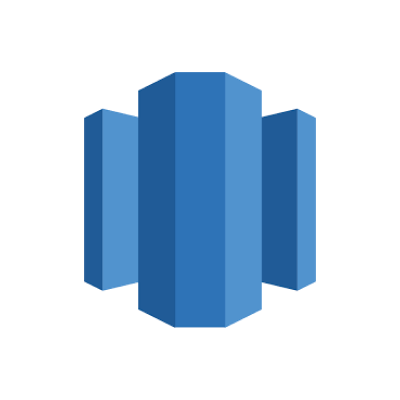Compare - Databricks VS Debezium
Here’s the difference between Databricks and Debezium. The comparison is based on pricing, deployment, business model, and other important factors.
About Databricks
Databricks provides a data lakehouse that unifies your data warehousing and AI use cases on a single platform. With Databricks, you can implement a common approach to data governance across all data types and assets, and execute all of your workloads across data engineering, data warehousing, data streaming, data science, and machine learning on a single copy of the data. Built on open source and open standards, with hundreds of active partnerships, Databricks easily integrates with your modern data stack. Additionally, Databricks uses an open standards approach to data sharing to eliminate ecosystem restrictions. Finally, Databricks provides a consistent data platform across clouds to reduce the friction of multicloud environments. Today, Databricks has over 7000 customers, including Amgen, Walmart, Disney, HSBC, Shell, Grab, and Instacart.
About Debezium
Debezium is an open source distributed platform for change data capture. Start it up, point it at databases, and apps can start responding to all of the inserts, updates, and deletes that other apps commit to databases. Debezium is durable and fast, so apps can respond quickly and never miss an event, even when things go wrong.
Comparison Table
| Overview | ||
|---|---|---|
| Categories | Data Warehouses, Data Lakes | Change Data Capture |
| Stage | Late Stage | Late Stage |
| Target Segment | Enterprise, Mid size | Mid size |
| Deployment | SaaS | Open source |
| Business Model | Commercial | Open Source |
| Pricing | Freemium, Contact Sales | Freemium |
| Location | San Francisco, US | US |
| Companies using it | ||
| Contact info |
Add to compare
